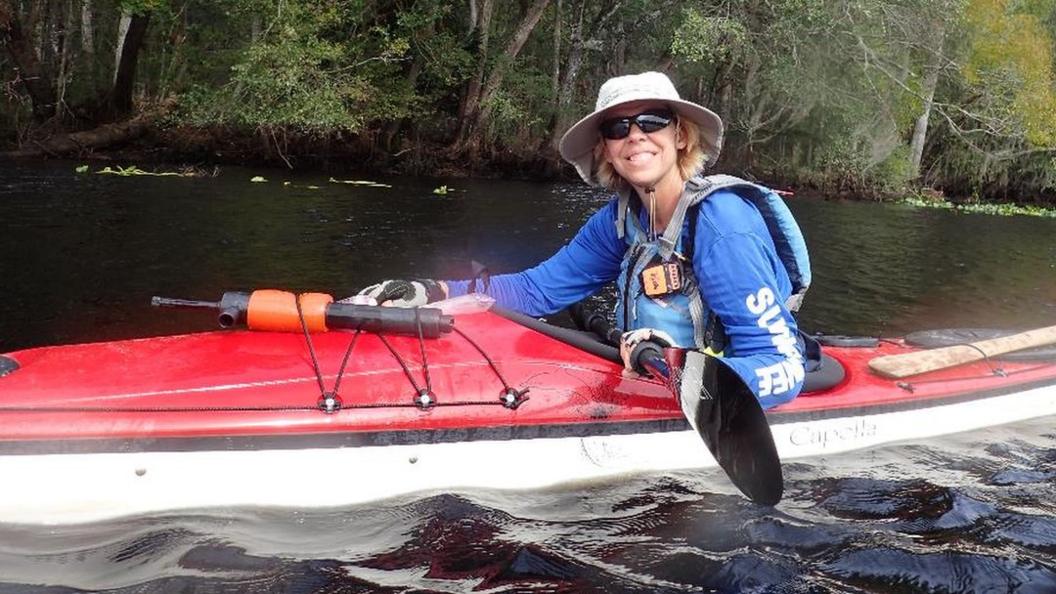Complementary cancer therapies 'do more harm than good'
- Published
- comments
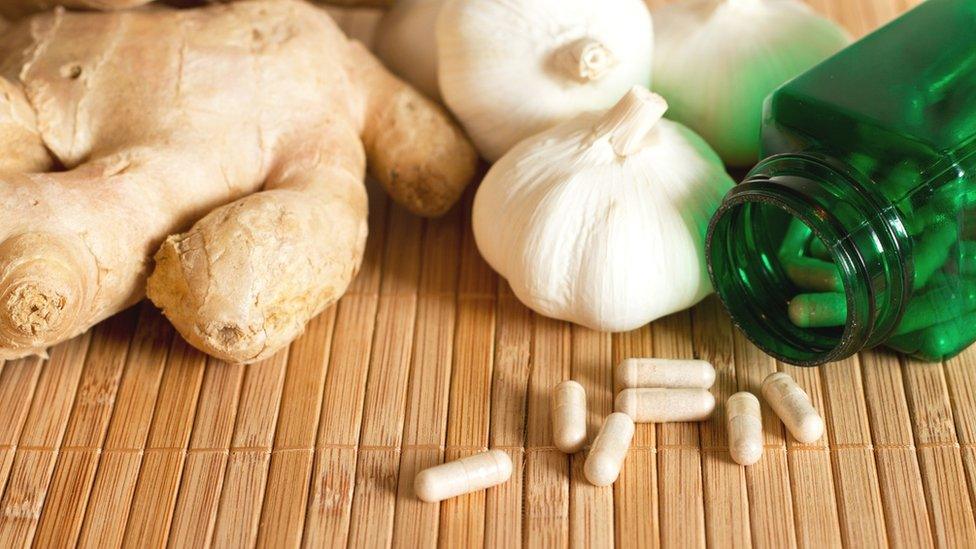
Herbal compounds such as garlic, ginger and ginseng can delay the healing of skin wounds
Cancer patients should tell their doctors if they are taking herbal products because some of the ingredients could stop their treatment working, a cancer conference has heard.
Garlic, ginger and ginkgo pills, for example, can delay the healing of skin wounds when breast cancer spreads.
Surgeon Prof Maria Joao Cardoso, said there was no evidence that herbal therapies or creams worked.
If in doubt, it was best not to take anything, she said.
"Doctors need to be more proactive about asking their patients what else they are taking when they are being treated for cancer," Prof Cardoso, head breast surgeon at the Champalimaud Cancer Centre in Lisbon, Portugal, told the BBC.
She said it was particularly important that patients always checked with their doctors first before trying complementary therapies for cancer that had spread to the skin.
This happens in one in five cases of breast cancer - and less in other cancers.
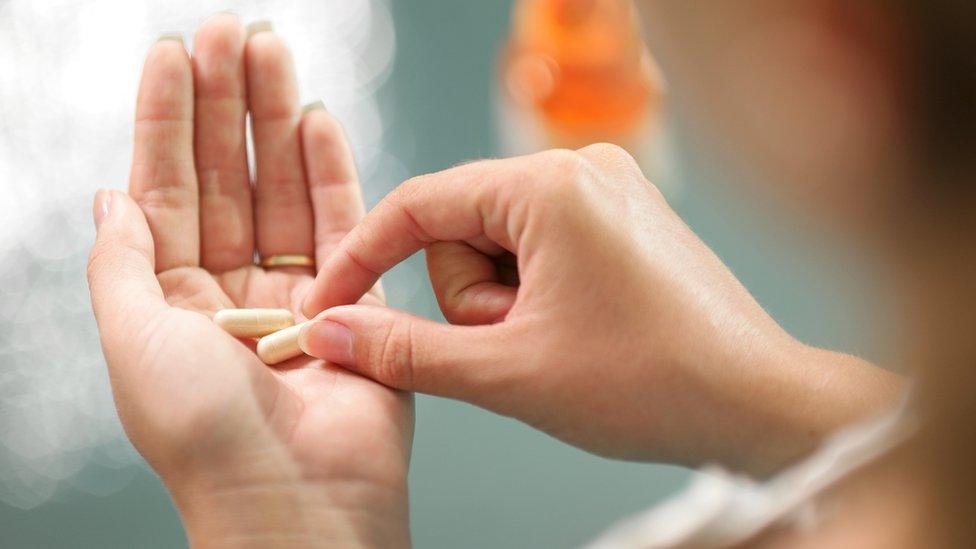
The danger is that many products can interfere with hormone therapy or chemotherapy treatments, and certain ones prolong the blood clotting process - which can lead to wounds taking longer to heal and more scarring.
She highlighted the following herbal products as examples of those which slow down clotting:
green chiretta
feverfew
garlic
ginkgo
ginseng
hawthorn
horse chestnut
turmeric
'Do no harm'
Prof Cardoso said it was not surprising that patients and their carers went searching for complementary or alternative treatments that might make a difference.
But she said people should know "they could end up doing more harm than good".
"The highest goal in medicine is important to remember: do no harm," she said.

Grapefruit and its juice is known to affect enzymes which break down cancer drugs in the body
On its website, Cancer Research UK says some complementary therapies might stop conventional treatments working as well as they should.
It also says it is important to avoid some food and drinks such as grapefruit and oranges during cancer treatment, external, because they can affect how well cancer drugs are broken down in the body.
The charity says: "Talk to your doctor about any complementary therapies you're thinking of using. Tell them before you start having complementary therapy, especially if you're in the middle of a course of cancer treatment."
Grete Brauten-Smith, clinical nurse specialist at charity Breast Cancer Now said: "With a lot of unproven information available online and little reliable research into these products, a discussion with a healthcare professional can ensure a patient has the accurate information they need to make an informed choice."
Speaking at the Advanced Breast Cancer Fifth International Consensus Conference, Prof Cardoso said therapies like yoga, mindfulness, reiki and acupuncture could have a positive impact on patients' quality of life.
- Published20 July 2018
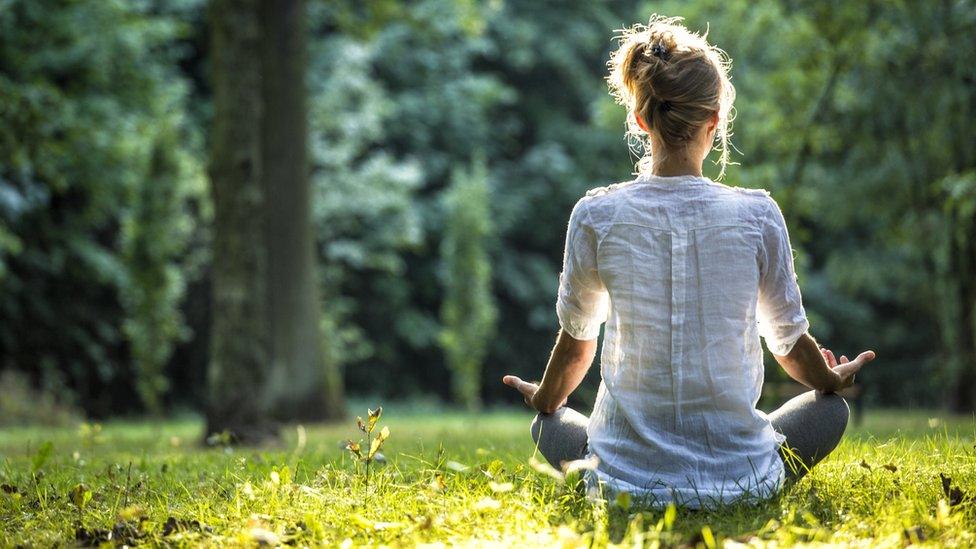
- Published14 September 2018
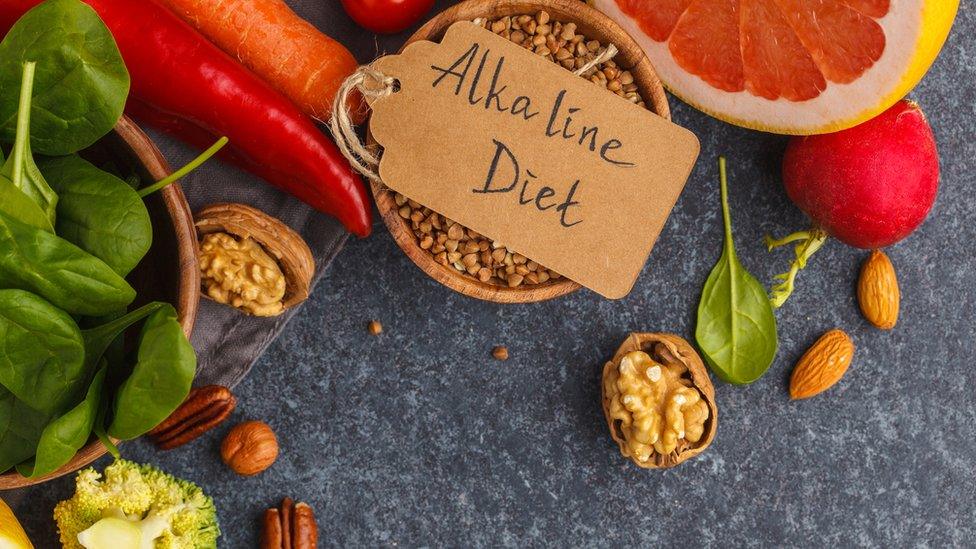
- Published4 June 2018
